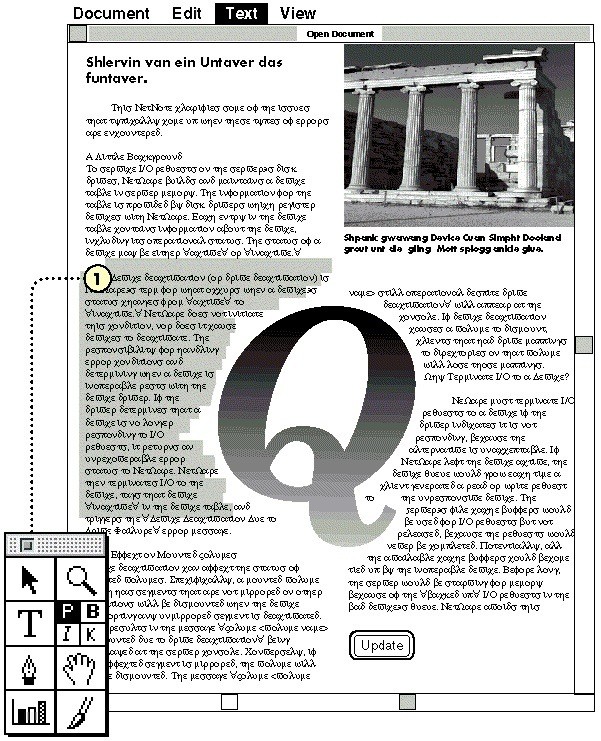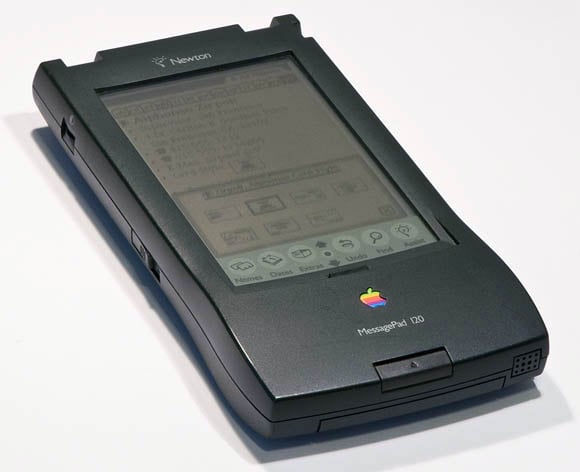This article is more than 1 year old
Ten technology FAILS
Tech that might have revolutionised your life but you have now completely forgotten
OpenDoc
Early in the 1990s, bright sparks at Apple, Microsoft, IBM, Novell and WordPerfect decided that the answer to the accretion of features that was beginning to bog down the productivity apps of the time was to rethink the relationship between documents and applications. Documents, they said, should be standalone entities able to contain any type of data and not be tied to specific apps, which would no longer be monolithic programs but small editors invoked when the user clicked on an appropriate data type. So, click on some text and the word processor app would be loaded. Click on a table in the same document and the spreadsheet module would be loaded. Users could pick different editors from different vendors, but work in the one document.

This was going to kill Microsoft Office? Yeah, right
For Microsoft, with its OLE (Object Linking and Embedding) technology, it was all about beefing up Office. For the others, it was about loosening Office’s dominance of the productivity software business. No prizes for guessing which of the two is still being used today. OpenDoc ended up requiring too much memory - the editor apps weren’t as lightweight as intended - and with no standard way of encoding for each type of data, one bitmap editor module could not necessarily open a picture worked on in another bitmap editor.
PDAs
Was the Personal Digital Assistant a fail? It’s true that what we now call a smartphone is heir to the PDA and, if you count all the organisers that the likes of Palm, Sony and others sold in the late 1990s and early 2000s, the PDA, as a category, proved incredibly successful. But what about the PDA as originally conceived? Even today’s iPhones and Androids don’t quite provide the automated, intelligent organiser that Apple CEO John Sculley had in mind when he coined the term PDA back in the mid-1990s. His notion, to be embedded (kind of) in the Newton MessagePad, was of a device that constantly tracked its user’s activities, learning and eventually anticipating what they wanted to get up to - in short to be the digital equivalent of a PA.

Apple made several MessagePads - here, the 120 - but never delivered a true, working PDA
Apple didn’t get it right then and even its Siri, which sits voice recognition on top of a search engine, isn’t sufficiently sophisticated to organise your life for you. Apple’s Newton was a flop and was out-paced by the more basic, cheaper Palm Pilot, which was never tried to be anything more than a digital diary and contacts list.
